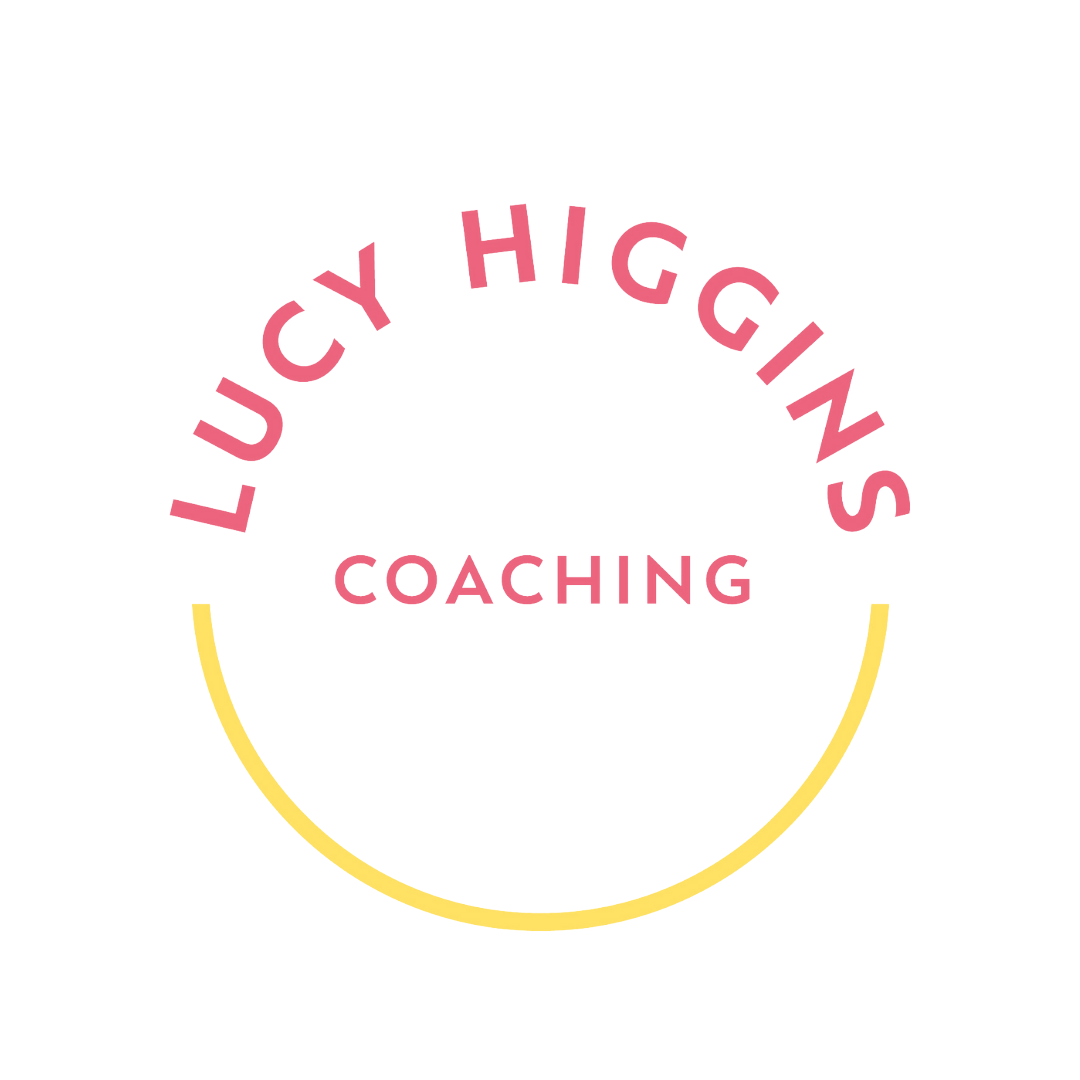10 tips for passing the new ICF credentialing exam
I recently took and passed the new three hour ICF credentialing exam and wanted to share my learnings from the process in case it helps other Coaches. If you are embarking on this journey, you will be aware how little guidance and support there is for such a rigorous and difficult exam. The CKA (which I took three years ago for my ACC) was a different, slightly easier exam to pass. So I hope this blog helps a little!
1. Prepare and practice. I spent around 10 full days preparing for the exam and at that point I felt the competencies and ethics were firmly in my bones and I trusted my intuition with the answer sets. I found this process so much easier with the help two wonderful MCC mentor coaches, Lyssa deHart and Kirsten Dierolf . I watched Lyssa’s free course and also paid for her more in-depth self paced course – everything you need is in one place and there are live Q&As on Zoom too. Kirsten’s free course was particularly useful for really getting under the skin of the core competencies. Both also have practice tests which were invaluable.
2. Know your nervous system. You need to be in the optimal state to spot the nuances in the answer sets and find the competencies/ethics within them. Based on past exam experience, how are you likely to feel/react in this exam? This self awareness will give you an indication of what mind and body exercises you need to do to move yourself from fight or flight (stressed/mobilised and unable to access what you know) into ventral vagal (safe, calm, connected and able to stack the competencies/ethics and discern which are the right answers).
3. Practice with exam techniques. There is a LOT of information in the scenario so to avoid overwhelm, I found in general it was obvious what the best answer was, so I read the answer sets BEFORE I read the scenario and dragged the best answer into the box and the worst of the worst answers into the box. I then read the scenario twice and went back to the answer sets with new information and fresh eyes. Sometimes, it was still unclear between the two worst answers so I made a best guess.
4. Flag when you’re unsure. As you get in a rhythm, use the flagging option. I flagged at least half of questions 1-10 to review at the end because I was stressed at the start and not reading the questions properly. Expect that this will happen and you’ll be able to manage it.
5. Pace yourself. A bit like a running race, you need to set your pace to ensure you don’t run out of time or burn out. You have 2 mins 12 seconds to read each scenario and decide on best and worst answer. As soon as I sat down, I wrote down Q10 = 20 mins, checked the clock and wrote down the time I needed to aim for to stay on track. I continued to do this in blocks of 10 scenarios ensuring I allowed some time at the end to review the questions I’d flagged.
Finally, here are 5 things I wish I’d known:
1. I went to a Pearson Vue affiliated testing centre expecting it would be the same experience as the video walk through – welcoming faces and modern interiors - it was not! It was an old 80s building in a room with no windows or air. I was on my own then I was continually disturbed by three different people coming in and out to sit exams. There was also a constant ringing noise outside. Had I known this, I would have taken earrplugs (you are allowed these).
2. I expected a super duper modern IT experience – it was VERY basic – the clock in the corner was tiny. At the 5 min break, I went to the locker to have some water and do some breathing exercises and have a stretch. I then returned and watched the clock countdown then the exam started again. But a pop up then appeared asking for a username and password! I had to run to find the proctor to enter it – meanwhile the clock had started and I was 5 mins down. So, expect the unexpected with the IT and manage your mindset when it happens.
3. You really can’t take any water in with you – I thought there might be a water station but no!
4. None of the answers are ideal – in fact, I would say the “best” were far from best and not at I would do in real life so the question I asked myself was “Which is most aligned with the core competencies and ethics and which is least aligned”.
5. Finally I wish I’d had greater self belief - this is a rigorous exam but if you’re on this path, you will have had rigorous training and lots of experience. Remember “All that you need is within you”, adopt a growth mindset and give it a go!
